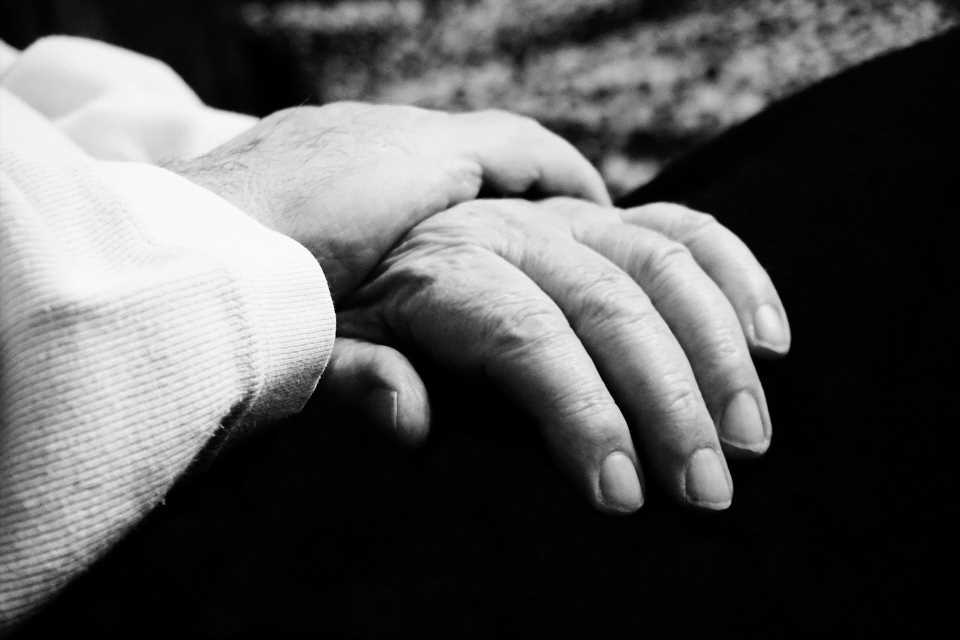
How are Parkinson’s disease and sleep disorders related?
Are there other diagnostic tests to help detect Parkinson’s with regards to sleep?
What are the connections between losing sleep and Parkinson’s?
Could you talk a little bit about the patient experience and some of the complaints that you hear? Is it waking during deep REM periods that causes some of the symptoms that patients are vocal about and some of the stuff that’s happening physiologically?
What does treatment look like? Is it entirely on a case-by-case basis?
- REM sleep behavior disorder itself can be treated with medications. Melatonin can suppress the behaviors, and so can clonazepam.
- For insomnia, a lot of times the approach is related to behavioral changes. Making sure people are using the right types of sleep habits: not using electronics in bed, not staying in bed if they can’t sleep—as long as they’re safe to get up from the balance standpoint. Cognitive behavioral therapy often works for insomnia, too—usually better than medications.
- For daytime sleepiness we try to schedule naps—usually around when medications are taken. We try to limit naps to 20 minutes and not after 2 p.m. in order to avoid nighttime sleep disruption.
- Exercise is great for sleep. We found that exercise can increase sleep spindles and improve sleep efficiency, or the percentage of time you spend in bed that you are actually sleeping.
What specific types of exercise are you recommending to patients?
Where are you hoping to take your research at CU Anschutz over the next few years, and where do you hope the field is headed?
- Exercise intervention: We’re trying to understand more about the mechanisms of why exercise affects sleep and why that’s important for cognition. We’re looking at things like sleep spindles and the different EEG signatures during sleep.
- The disconnect between patient feeling and data: We’re doing comprehensive sleep assessments because in Parkinson’s, there’s often a disconnect between what patients report about how they’re sleeping and what we see on the sleep study.
- Inflammation: This is a big area of research. There are definitely increased pro-inflammatory factors in Parkinson’s that aren’t present in healthy aging, and not sleeping well or sleep apnea increases inflammation.
- Efficacy of different therapies: Deep brain stimulation is an excellent therapy for the movement symptoms of Parkinson’s, and it seems to also improve sleep. So we’re looking into those mechanisms and seeing if we can influence sleep at night.
Source: Read Full Article
